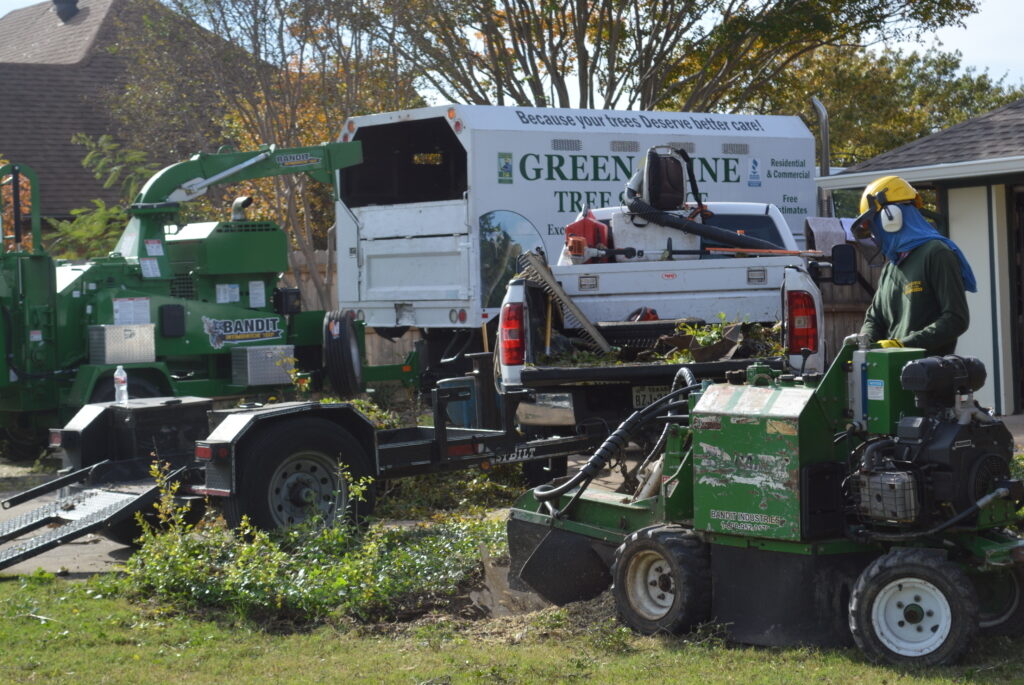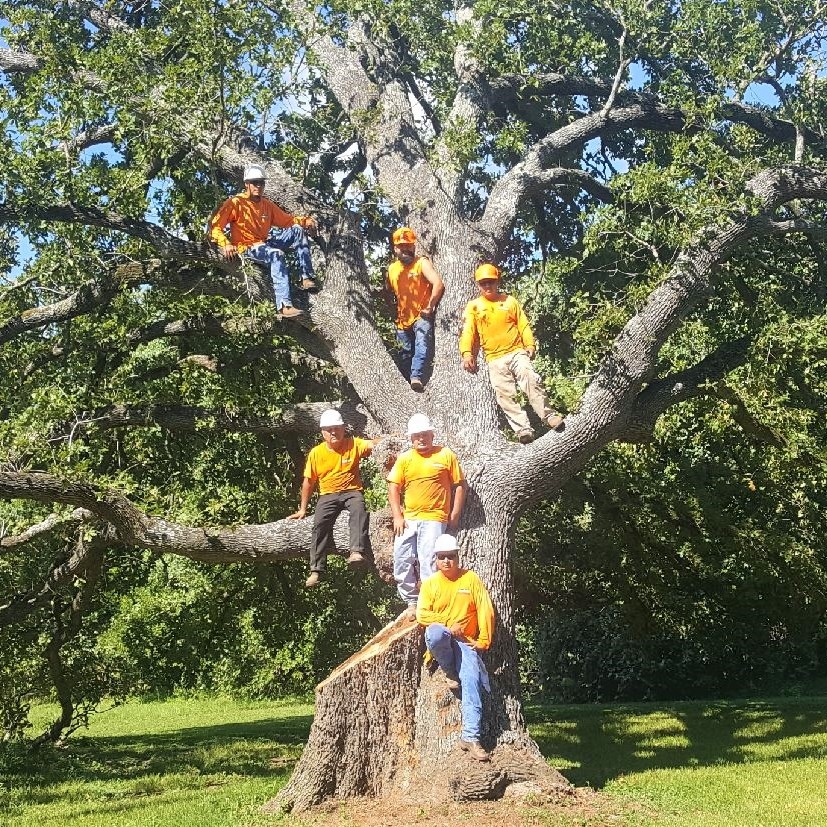Introduction to Arborist Services
arborist cost
Trees enhance the appeal of any property, providing cooling shade and valuable environmental advantages. However, caring for them often requires professional expertise to ensure they remain healthy, safe, and attractive. Arborists—trained professionals specializing in tree care—play a crucial role in maintaining trees and addressing any issues that may arise. But one question often stands out: How much does it cost to hire an arborist?
Understanding arborist costs depends on multiple factors, from the type and size of the tree to the complexity of the work. This guide will break down typical arborist costs, various services they provide, and factors influencing pricing, helping you make an informed decision when budgeting for tree care.
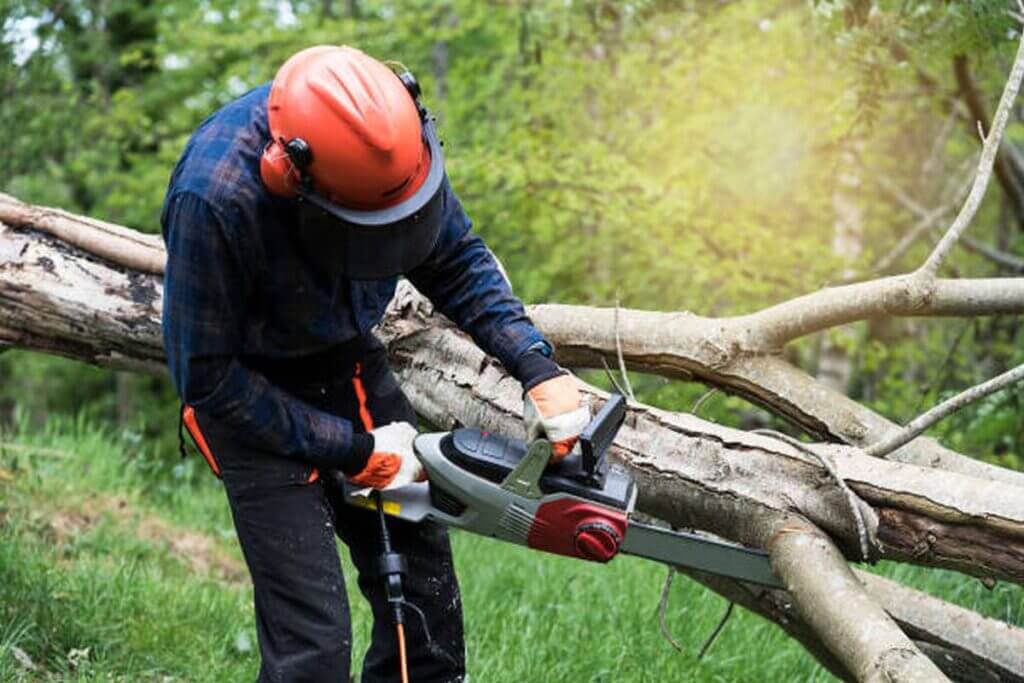
Arborists offer diverse services focused on preserving and enhancing the health of trees. Their expertise extends to identifying tree diseases, assessing structural stability, and recommending the best care practices. Key services arborists provide include:
Pruning and Trimming: Removing dead or overgrown branches to enhance the tree’s health and shape.
Tree Removal: Safely dismantling and removing dead, diseased, or hazardous trees.
Stump Grinding: Eliminating unsightly stumps left after tree removal.
Health Assessments: Diagnosing tree diseases or nutrient deficiencies.
Emergency Services: Addressing urgent issues such as storm damage or fallen trees.
Each of these services has its own cost considerations, which we’ll explore further in this article.
Why Hire a Certified Arborist?
A certified arborist has undergone rigorous training and examinations to ensure they’re skilled in tree care. Hiring a certified arborist means you’re choosing a professional with specialized knowledge in diagnosing tree health, executing complex tree removals, and following proper safety measures.
Certified arborists may charge slightly higher rates than non-certified ones due to their qualifications, but this premium often ensures high-quality work and long-term value. Proper certification can save you from costly errors or incomplete work, making it a worthwhile investment in most cases.
Factors Influencing Arborist Costs
Arborist costs vary based on several factors. Understanding these will help you estimate what you might pay for specific tree services.
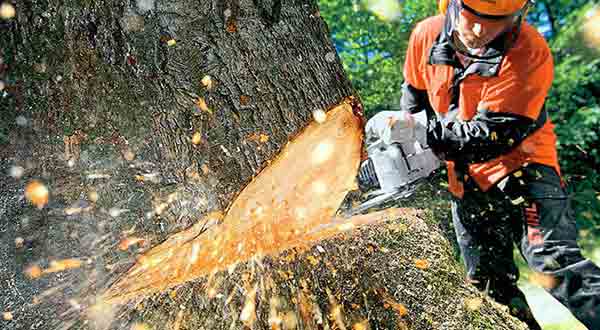
Tree Size and Type: Large trees require more labor and equipment than smaller trees, which increases cost. Certain species also require specialized care.
Complexity and Scope of Work: Removing a tree near a structure or power line demands more skill and equipment, which raises costs.
Location and Accessibility: Trees in difficult-to-reach places, like hillsides or fenced areas, may incur additional fees.
Seasonal Variations: Spring and summer are peak times for arborists, so scheduling work during fall or winter might yield better rates.
Common Arborist Services and Average Costs
Understanding the costs associated with specific arborist services can help you budget effectively. Here’s a breakdown of popular services:
Tree Pruning and Trimming Costs
Pruning and trimming are essential for tree health, safety, and appearance. Average Cost: $200 – $800 per tree, depending on size and complexity.
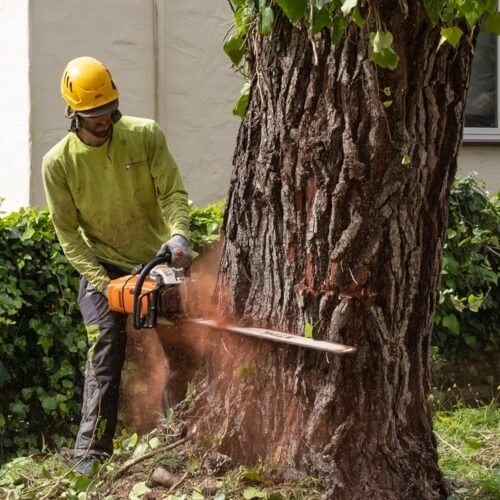
Tree Removal Costs
Tree removal requires taking down the tree, usually piece by piece, and safely removing each section. The cost increases with tree size and difficulty. Average Cost: $400 – $2,000 per tree.
Stump Removal and Grinding Costs
Once a tree is cut down, the remaining stump can either be ground down or completely removed. Typically, stump grinding is a more affordable option than fully removing the stump. Average Cost: $100 – $400 per stump.
Tree Health Assessment and Diagnosis
Arborists diagnose diseases, pest infestations, and other issues affecting trees. Average Cost: $75 – $150 per hour.
Emergency Tree Services Costs
Urgent tree services during storms or other events tend to be pricier due to the immediacy and risk involved. Average Cost: $250 – $1,000 or more, depending on severity and timing.
Additional Services and Their Costs
Arborists often offer specialized services that support tree health and structure, such as:
Cabling and Bracing: Reinforcing trees with weak branches or trunks. Average Cost: $200 – $800.
Fertilization and Soil Management: Enhancing soil nutrition to support tree growth. Average Cost: $50 – $200 per treatment.
Insect and Disease Control: Protecting trees from common pests and diseases. Average Cost: $75 – $300, based on treatment needs.
Cost Breakdown by Tree Size
Tree care costs increase with tree size. Here’s a general breakdown:
Small Trees (10-20 feet): Lower cost range, generally $100 – $400 for basic pruning or removal.
Medium Trees (20-40 feet): Mid-range costs, around $400 – $1,200 for trimming or removal.
Large Trees (40+ feet): Higher costs, from $1,000 up to $2,000 or more for removal due to the labor and equipment needed.
Hourly Rates vs. Fixed Rates
Arborists may charge by the hour or provide fixed rates, depending on the service:
Hourly Rates: Typically $75 – $150 per hour, common for tree assessments or complex trimming.
Fixed Rates: Standard for tree removal, stump grinding, or specific treatments, giving you clear pricing upfront.
How to Save on Arborist Services
Looking to reduce costs? Here are some tips:
Bundle Services: Combining services like pruning, fertilization, and assessment may earn discounts.
Off-Peak Scheduling: Hiring arborists in the fall or winter may save money compared to peak spring and summer months.
Regular Maintenance: Preventive care can reduce the likelihood of costly emergency services or removals.
DIY vs. Professional Arborist Services
While DIY tree care might seem cheaper, it can risk tree health or property safety. Professional arborists use specialized tools and methods, ensuring safer, long-lasting results. Though initially more expensive, professional services often save money by preventing damage and prolonging tree life.

Understanding Arborist Estimates and Quotes
When you receive an arborist estimate, review these key components:
Service Details: What specific tasks are included (e.g., disposal of branches, clean-up).
Materials and Equipment Fees: Extra fees for specialized tools or treatment chemicals.
Labor Costs: Rates per hour or flat rate based on job type.
Comparing multiple quotes allows you to choose an arborist offering both fair pricing and quality service.
Questions to Ask When Hiring an Arborist
Selecting the right arborist is crucial. Key questions include:
Are you certified and insured?
Can you provide a detailed quote?
What safety measures do you use?
Do you offer a warranty on your work?
Seasonal Pricing and Discounts
Peak seasons, particularly spring, see higher demand for arborist services. Opting for services in less busy months, like fall and winter, can yield discounts or promotional offers.
